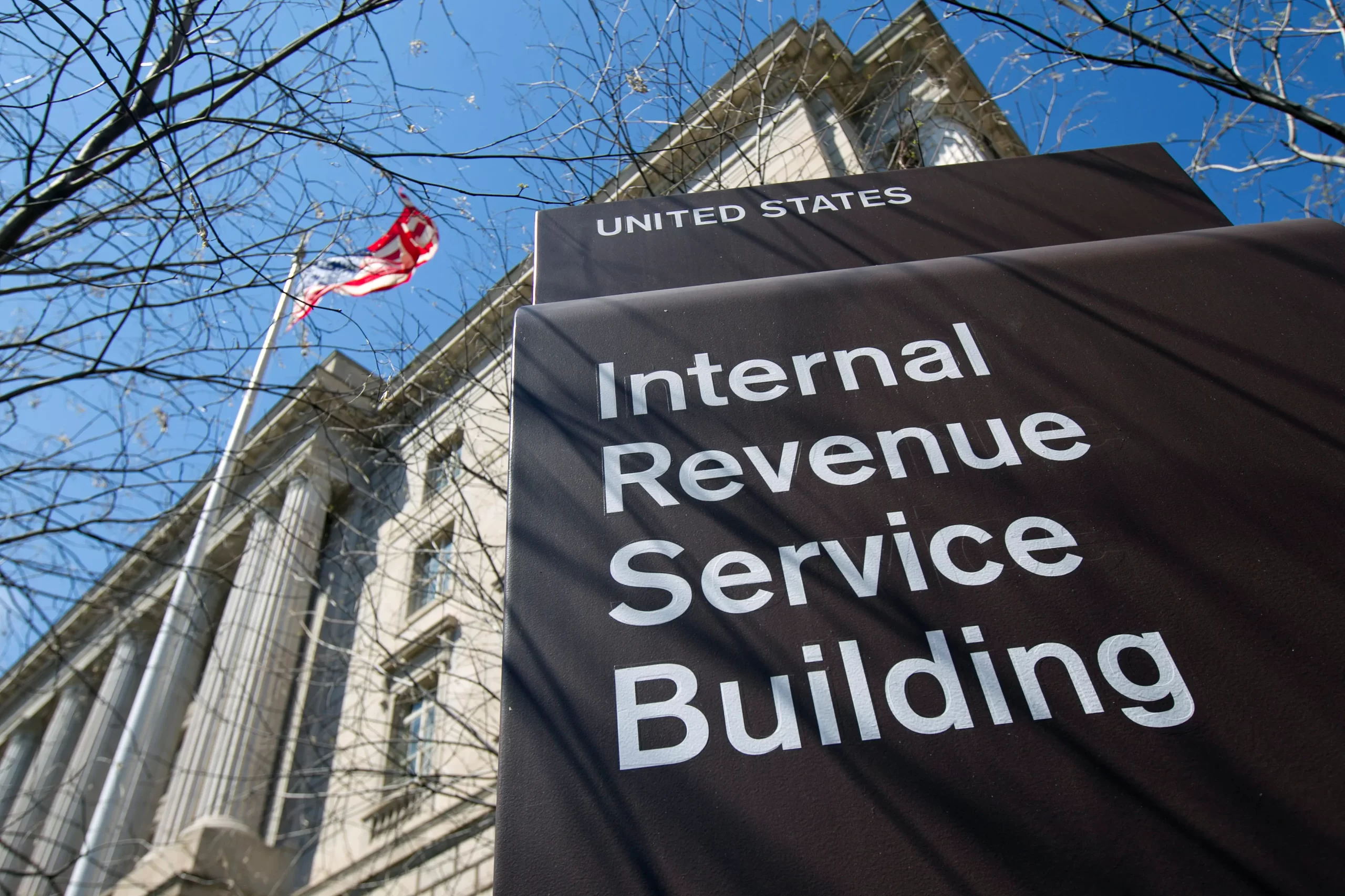The U.S. Internal Revenue Service (IRS) has introduced an updated Form 1099-DA for reporting digital asset transactions, signaling a significant shift in how crypto dealings will be documented for tax purposes. Set to be partially implemented in 2025, this revised form removes several controversial elements that previously raised privacy concerns among cryptocurrency users.
Key Changes in Crypto Reporting
On August 8, 2024, the IRS released the new version of Form 1099-DA, which will be used to report digital asset transactions starting in the 2025 tax year. Notably, the revised form no longer requires taxpayers to include their crypto wallet addresses and transaction IDs. This marks a departure from the earlier draft released in April 2024, which had sparked widespread criticism for its extensive data collection requirements.
The original draft’s demand for detailed transaction information, including wallet addresses, had raised alarms within the crypto community. Critics argued that such requirements could compromise the security and privacy of digital asset holders, exposing them to potential risks and undermining the pseudo-anonymity that is highly valued in the crypto space. The inclusion of unhosted wallet providers in the reporting mandate was particularly contentious, as it threatened to increase scrutiny on users who prefer to maintain greater privacy.
Simplified Reporting Process
In addition to easing privacy concerns, the IRS’s updated form also simplifies the reporting process for crypto brokers. The new draft no longer requires brokers to specify the type of brokerage they operate, potentially reducing the administrative burden and making compliance more straightforward.
While these changes have been welcomed by some, there remains a degree of skepticism within the crypto community regarding the overall impact of the new reporting requirements. The IRS’s ongoing efforts to refine its approach to taxing digital assets indicate that further adjustments could still be made.
The IRS has opened a 30-day public comment period for the latest draft of Form 1099-DA, inviting feedback from stakeholders before finalizing the form. This period allows taxpayers, crypto industry participants, and privacy advocates to voice their opinions on the proposed changes. Despite the revisions, the IRS has not yet provided a specific timeline for the final release of the form, cautioning that it remains in draft status and should not be used for filing until officially approved.
